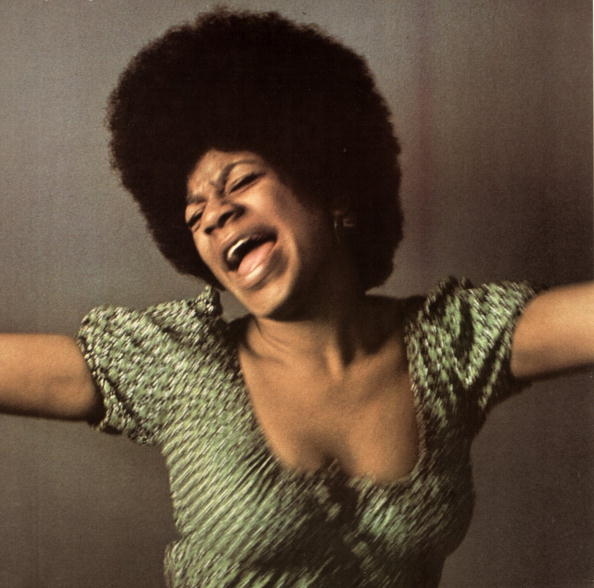Meenakshi Parmar describes how we must remember to credit the people that have kept rockstars in the spotlight: the backing singers.
Darlene Love. Merry Clayton. Claudia Lennear. Luther Vandross. It’s unlikely that you would have heard of any of these names before. Yet these singers have brought iconic backing vocals to the likes of Tina Turner, The Rolling Stones, Elvis Presley and David Bowie. It is highly likely that you will have heard of all of these artists. In 2013, documentary filmmaker Neville Morgan attempted to uncover what remains a largely hidden world. ’20 Feet from Stardom’ is the much acclaimed film that delves into the lives and careers of a number of backing singers, most of whom with legacies that were sadly forgotten in history.
Despite this gloomy reality of the music industry, the significance of the role of backing singers should not be understated. 20 Feet from Stardom highlights that becoming a background artist has in many ways acted as a launch-pad for the careers and (debatable) fame of the featured singers. The restless ‘60s and ‘70s witnessed many hit songs, with groups such as The Blossoms providing the backbone to tracks from this period.
The film describes how many of these singers started out as singers in church choirs and this style is described as ‘the secularisation of gospel’. It is under no pretences that the film is called 20 Feet from Stardom; the title almost infers a power dynamic between lead singers and their backup artists. During the civil rights movement, the fact that many of these singers were black and often supporting white artists carries a lot of weight to it. A further dynamic worth exploring is that it was mostly women providing background vocals for the lead male. With certain musicians such as Ike and Tina Turner being criticised in the film for casting their singers as ‘eye-candy’, the idea of backing singing being a demoralising profession becomes ever more apparent.
There are lamentable undertones to the role of backing singers, with the idea of them being overshadowed by something or someone better. However, particularly with the gender dynamic, it could be argued that when female backing singers are treated as ‘sex symbols’, it is a performance contingent on the singer or producer’s vision. Nonetheless, it would be unfair to label all female backing singers as powerless; backing singing is about the music, about expression and about providing meaning and soul to songs. Then again, the film makes it clear that it is up to the lead singer or producer to draw out the back-up’s talent. The freedom of the backing singer is dependent on what kind of spotlight is being put on them. Most of the time, the ‘powerhouse’ voices of backing singers are recognised, to the credit of the song in question. Sting comments: ‘My greatest pleasure is to stand back and let them do what they can do’. Yet you do have to wonder whether a being a backing singer is a curse, a chip that has remained on the shoulders of some of the most talented singers of the last century.
20 Feet from Stardom thus presents the music industry’s paradoxical relationship with backing singers. In one way, back-up vocals are indispensable to music, and without them some of our most recognisable songs would be unrecognisable. It seems that as soon as individual dreams and aspirations are involved however, when backing singers seek to progress their own careers, the industry turns much more sour. The film tells the stories of many successful backing singers who fulfilled their dreams of being offered solo contracts, but then found it hard to become popular with their albums being shelved. This includes the great Claudia Lennear, who performed with numerous stars, was the speculated muse of albums by both Mick Jagger and David Bowie, but found little success with her solo album ‘Phew!’.
The story of Judith hill, backing singer to Michael Jackson, perhaps best encapsulates the trials and tribulations of the profession. Hill describes being a backing singer as a ‘spring board’ that can quickly turn into ‘quicksand’, referring to when she refused all back-up singing gigs after Jackson’s death for fear of never being able to become a solo artist. 20 Feet from Stardom talks of backing singers trying to create their own career but then being told that there was ‘only one Aretha Franklin’. Although the music industry can help to expose and empower the gifted voices of emerging backing singers, it has just as easily kept them in boxes and created an impenetrable atmosphere through which only those with the biggest ego can break through. From a post-civil rights perspective, it is especially important to ensure all singers are promoted. As one older backing singer says in the film, black women need to know how much they are worth, and that they are important.
Meenakshi Parmar

